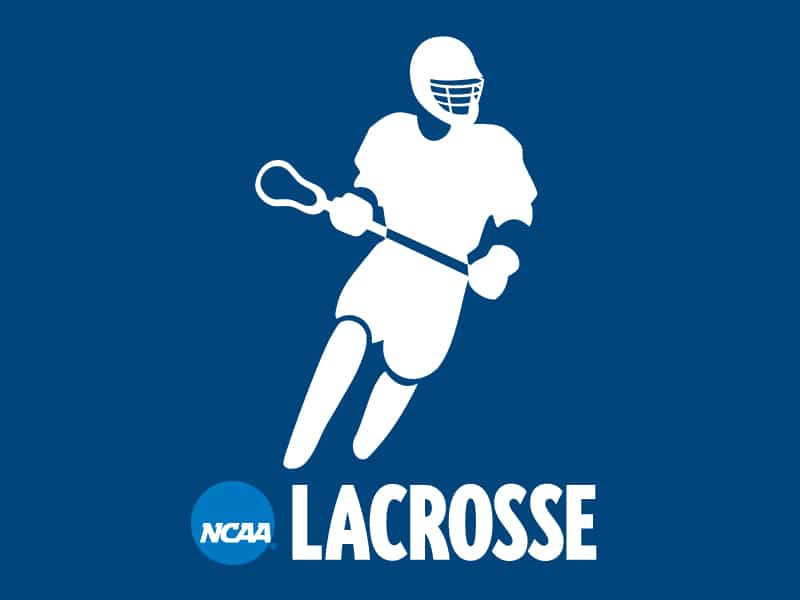We are happy to announce that on Friday April 14th, the NCAA Division I Council voted to pass a new early recruiting proposal which has been a long time coming for the women’s and men’s lacrosse community. This legislation (NCAA proposal 2017-1, formerly proposal 2016-26) bans college lacrosse coaches from communicating with prospective student-athletes (PSAs) until Sept. 1 of their junior year of high school, and it is effective immediately. The new NCAA Lacrosse rule, submitted by the IWLCA (Intercollegiate Women’s Lacrosse Coaches Association) and the IMLCA (Intercollegiate Men’s Lacrosse Coaches Association), has created quite a buzz in the lacrosse community and has been welcomed with open arms.
While the new legislation will be rewritten and released by NCAA later this week, we wanted to break down what we think this will mean for lacrosse recruiting moving forward.
1. This is a good thing for student-athletes and their families.
Lacrosse recruiting has been starting earlier and earlier every year. To the point where 8th graders (12 and 13 year olds) are making verbal commitments to colleges. With the new legislation student-athletes will not be able to be in contact with a college coach until Sept 1st of their junior year. This means no more phone calls or unofficial visits until that date. It also means no verbal commitments. This gives student-athletes more time to work on their grades, take standardized tests, develop as an athlete, research colleges, and enjoy high school. Coaches and parents alike have expressed their concern with the early recruiting pressure that student-athletes were getting before this legislation passed.
We strongly believe this new NCAA Lacrosse rule is in the best interest of both the student-athletes and college programs. It provides student-athletes more time to develop in high school and evaluate their options. They can also enjoy their high school lacrosse experience without the pressure and distraction of early recruiting. College programs can focus on recruiting student-athletes who have had time to develop throughout high school. We project this having a drastic impact on the trend of student-athletes decommitting from schools because these athletes made the college decision too early in their high school career. Giving student-athletes this time to decide will ultimately lead more student-athletes who make the right choice the first time.
2. Club Coaches will take a more central role in student-athletes’ recruiting process.
Club coaches and recruiting coordinators at your club will have to become more active in student-athletes’ recruiting processes. From our interpretation of the legislation, club coaches are still allowed to communicate with colleges about student-athletes. We will update this post with an updated NCAA interpretation when the official legislation is written and published. Clubs will be looked to more than they already are to advocate on behalf of student-athletes and help them do the research about college programs as September 1st nears. While advocates at clubs cannot set-up a call on your behalf anymore, they can communicate with colleges about your play at an event or about where you are on their radar. Clubs can use recruiting tools like SportsRecruits to keep college communication in one place. They can also tag schools that they think may be a good fit for a student-athlete. Feedback from clubs will be even more important now that athletes can no longer speak directly to the college coaches themselves.
3.Student-athletes should keep up their efforts searching for the right college fit.
Even though current recruiting communication and activity with underclassmen has been frozen, it is important to be prepared for when September 1st does come around. Continue to do what you have been doing. Research and visit some colleges (without meeting with the coaching staff), work hard in school, and develop your skills on the field. While you cannot get feedback in the form of communication from college coaches there are still a lot of ways to see if a coach is interested in you.You still will be able to email/message college coaches and let them know about your upcoming events and send them video. They just will not be able to respond. We suggest you keep your SportsRecruits profile up-to-date with video, transcripts and event schedules so that college coaches can interact with your profile and get to know you.
Want to know what to do to get recruited given this new legislation? Join our webinar on Tuesday, April 25
We will continue to update you as more information about this legislation arises but for now keep working hard on the field and in the classroom!


